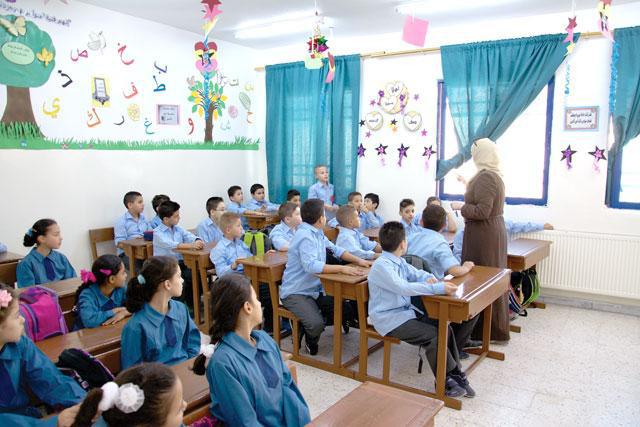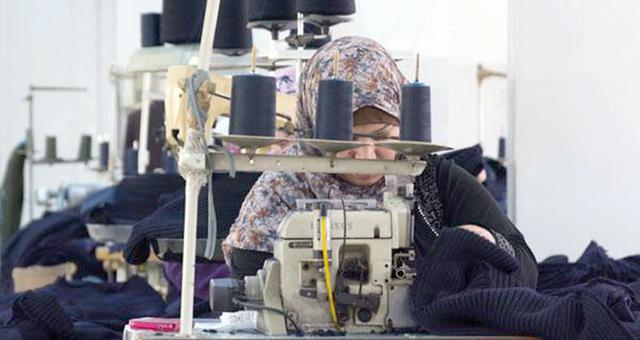You are here
E-wallets are not easy to create pool finds
By Rana Husseini - May 11,2020 - Last updated at May 11,2020
AMMAN — An online opinion poll conducted recently indicated that over 50 per cent of Jordanians are unable to create an e-wallet financial account.
The poll, which was conducted by the Jordanian National Commission for Women and the International Labour Organisation (ILO), indicated that 58 per cent of males and 57 per cent of females “could not create e-wallet financial accounts”.
An e-wallet is a financial account used via a mobile application for transfer funds, payment of bills, savings, online shopping and other transactions. Users do not need bank accounts to create e-wallets, which are operated by seven CBJ-approved platforms: ZainCash, Dinarak, Orange Money, Mahfazti, National Wallet, Gadha, and Aya.
Meanwhile, the poll indicated that the “majority of private sector workers reported difficulty in signing up for electronic wallets, which are key for wage protection”.
The poll included 2454 respondents, 19.6 per cent females and 80.4 per cent males, aged 18-56 years from various economic sectors spread over Jordan’s 12 governorates.
“A reported increase in the number of registered e-wallets in Jordan emphasises this digital tool’s role in meeting COVID-19 challenges, and at the same time ensures that private sector workers receive facilitated services that protects their wages, particularly females, who face pay gaps and violations,” the poll stated.
According the Jordan Payments and Clearing Company (JoPACC), April 2020 statistics showed 759,539 registered e-wallets, with JD62,485,310 million in transactions, compared to 619,895 e-wallets, with JD17,323,989 million in March 2020, according to the poll.
The online poll on Facebook, conducted in cooperation with the National Committee for Pay Equity (NCPE), sought to assess whether e-wallet platforms offer a user-friendly experience, enabling employers to transfer wages to workers in female-dominated sectors such as education, health and industry, during Jordan’s COVID-19 lockdown, according to a press statement by the ILO.
ILO Gender Technical Specialist Reem Aslan said that challenges imposed by COVID-19, particularly stay-at-home lockdowns, highlighted the growing need for e-wallets to ensure wage protection — which the ILO and the NCPE have always demanded.
“The ILO believes e-wallets are essential for transparent documentation of employment data, and adherence to minimum wage and social security insurance standards, helping the authorities control the process and preventing violations,” Aslan told The Jordan Times.
From the government’s perspective, the digital tool helps protect workers’ rights, support the private sector production system, facilitate financial transactions, and ensure safety under COVID-19, according to Aslan.
The poll suggested several recommendations urging the government and public agencies to increase the explanatory material to educate people on the use of e-wallet platforms in a clear and detailed manner including videos, infographics, radio/TV messages, and answers to frequently asked questions.
The poll also recommended engaging the civil society organisations in enhancing awareness of the importance of e-wallets for the private sector, including workers and employers, particularly with the growing use of technology, while at the same time emphasising confidentiality and safety of transactions, which save time and effort.
Related Articles
AMMAN — The International Labour Organisation (ILO) on Friday commended Prime Minister Omar Razzaz´s government for “safeguarding the salari
AMMAN — The National Committee for Pay Equity (NCPE) on Sunday organised a roundtable discussion on the means to ensure wage protection for
AMMAN — A report titled “Promoting Decent Work by Digitising Wages Responsibly in Jordan” showed that an estimated two-thirds of garment wor


















